Laura R. Samotin and her spouse live with two enormously large felines. When she’s not pursuing her academic research on military tactics, power politics, and leadership, she relishes her role as a full-time cat servant.
I had the opportunity to interview Laura, which you can read below.
First of all, welcome to Geeks OUT! Could you tell us a little about yourself?
Hi!! I’m a writer with a PhD in international relations, and I spend most of my free time as a dedicated and willing servant to two enormous white cats. I’m queer and Jewish, and I love putting queernorm, Jewish-normative worlds on the page.
What can you tell us about your book, The Sins on Their Bones? What was the inspiration behind this project?
The Sins on Their Bones is the story of two ex-husbands fighting on opposite sides of a civil war over the same throne, with a daring spymaster caught in the crossfire. I knew I wanted to write a Jewish-normative world at some point, and I also knew that I wanted to set it in Eastern Europe, where my family is from. Using that goal to jump off into a new book, I drew together a bunch of character inspiration, story plot points which had been floating around my head, and of course the all-important vibes that I wanted to imbue the book with. And from there, I started to write!
As a Jewish speculative fiction author, what does it mean for you to write this story with Jewish magic and identity at its heart?
Most readers never recognize that the fantasy they read is Christian-normative. Character arcs based on a “redemption” narrative, or a “chosen one/savior” story, are frequently based in the Christian tradition of Jesus’ resurrection. As a Jewish reader, I never really connected the dots there, and I missed a ton of context that other readers may have grasped (like, I was an adult when I realized that Aslan in Narnia was supposed to be Jesus). I wanted to base the narrative I wrote on a more Jewish-feeling narrative – one in which there is no savior, in which the characters constantly question their role and their place in the world, one in which there’s forgiveness but no absolution from sin.
The magic system was a part of this—I wanted all readers to feel like it was “fantastical,” but I also wanted to give Jewish readers the experience of reading and having “aha” moments along the way. I wanted to use Jewish myth, mysticism, and folklore to create a world, and so everything you see in The Sins on Their Bones is derived from real Jewish tradition.
In a piece you wrote on creating multi-dimensional characters, you mentioned breaking down gender stereotypes in the characters you write, while also touching on found family and neurodivergence. Could you expand on this here and why this was so relevant during writing your book?
I have clinical anxiety and I’m neurodivergent, so it was important to me to represent my identities in the book. With a found family cast, I was able to parcel out parts of that representation to different characters. It also helped me in fully realizing them as people in their own right—they all needed to have their own personal struggles they were grappling with, and their own ways of seeing the world, independent of their relationships with Dimitri.
As an author, what drew you to the art of storytelling, particularly speculative fiction?
Growing up, I was always a daydreamer and could spend hours lost in worlds of my own creation. When I started writing, I realized I could share these worlds with other people and have them join me in the imagining, which I think is the coolest thing ever!
How would you describe your creative process?
I don’t really have a set creative process! Depending on the project I might spend a while drafting short snippets in the world, or I might jump right into the narrative. I look for different sources of inspiration along the way depending on what my brain is craving, but the one consistency in my work is that I rely on my friends for help when I’m brainstorming or troubleshooting a plot.
Growing up, were there any stories in which you felt touched by/ or reflected in? Are there any like that now?
Growing up? No, and that was part of the reason why I wanted to write The Sins on Their Bones (which, it should be said, is not a book for children). All the books I read which centered Jewish characters and the Jewish experience were stories about the Holocaust in one way or another. I grew so sick of only getting to see myself reflected in the victims of a horrific historical atrocity—or, in the rare “positive” cases, seeing myself as only worthy of a story because the Jewish character was brave enough to punch a Nazi. We deserve more than that—we deserve stories where we just get to be.
Today, there are a ton of writers doing awesome work in the Jewish speculative space. I haven’t encountered many Jewish-normative worlds like my own, but two recent favorites with Jewish rep are Swordcatcher by Cassandra Clare and The Familiar by Leigh Bardugo.
As a writer, who or what would you say are some of your greatest artistic and creative influences and/or sources of inspiration in general?
Leigh Bardugo, C.S. Pacat, Cassandra Clare, Naomi Novik, and Katherine Arden are my biggest writing inspirations. I go back to their work time and time again not just as a reader, but to examine it on a craft level. I also listen to a lot of music, and my playlists vary by the book I write.
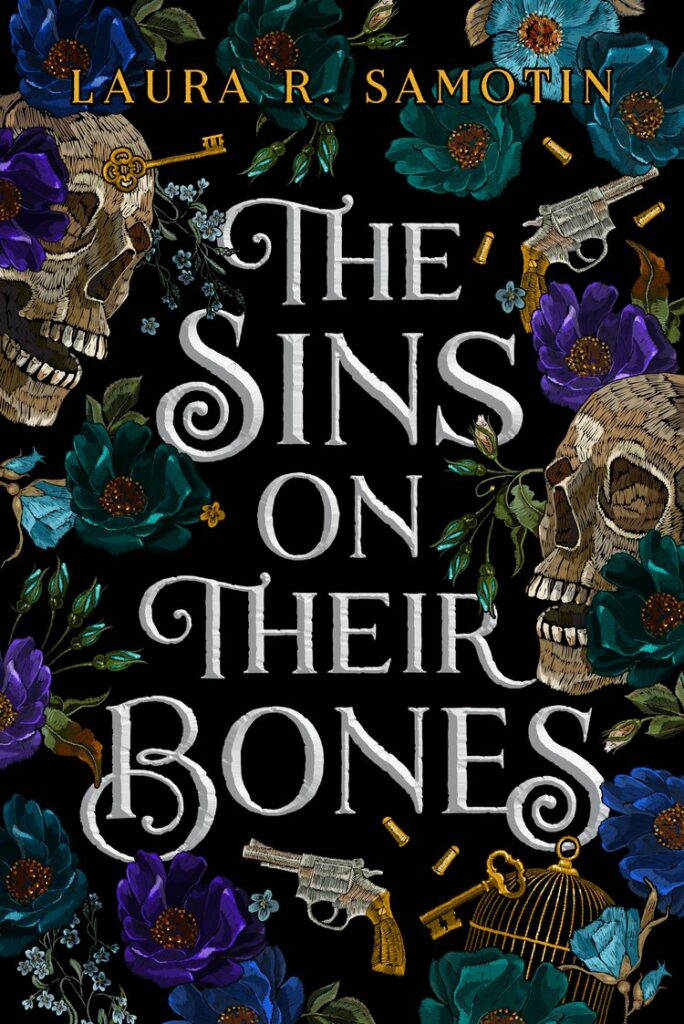
What are some of your favorite elements of writing? What do you consider some of the most frustrating and/or challenging?
I absolutely love writing characters and dialogue. I think that the best part of a book is seeing how the characters interact with each other, and with an ensemble cast like The Sins on Their Bones, it’s extra special to write those character interactions because they all have unique relationships with one another. And there’s so much banter, which is (in my opinion) the highest form of dialogue, and the most fun to write.
I do find worldbuilding frustrating sometimes, and I’ve always struggled with pacing. My editor helped a lot with both of these, and that’s the magic of publishing—you get to have other people help you make your story the best it can be.
Many authors would say one of the most challenging parts of writing a book is finishing one. What strategies would you say helped you accomplish this?
When my brain latches onto a story, there’s nothing that could keep me from it. I love writing and telling stories, and so finishing a book that I love has never been a problem for me. I think that that’s the best strategy for finishing a manuscript—telling the story that you’re in love with and that you absolutely must share with the world.
What advice might you have to give for other aspiring writers?
You have to write the book first. The biggest challenge is getting it down on the page, from beginning to end. Write the shitty first draft and don’t look back while you’re doing it, because you need something on the page to edit. There are millions of unfinished books sitting on hard drives and in desk drawers—any sin can be fixed in the editing process, but no one can help an unfinished manuscript except the author!
Are there any other projects you are working on and at liberty to speak about?
Yes! I have a ton of books coming down the pipeline (subscribe to my newsletter at laurarsamotin.substack.com for updates) but the one I can talk about is THE WAY IT HAUNTED HIM, coming from Titan Books in 2026. It’s a gay Jewish dark academia horror set in a demon-infested archive of Jewish lore.
Finally, what books/authors (particularly any LGBTQ+ and/or Jewish ones) would you recommend to the readers of Geeks OUT?
I recently read The Phoenix Bride by Natasha Siegel, and it was heart-wrenchingly gorgeous, with both queer and Jewish representation. Shelly Jay Shore also has a forthcoming book Rules for Ghosting which I’m eager to read and which has queer and Jewish rep as well!
I also always recommend Ben Alderson, Frances White, Kamilah Cole, K.M. Enright, S.A. Maclean, Fiona Fenn, and Mariana Costa for fantasy authors with incredible queer representation and riveting stories.

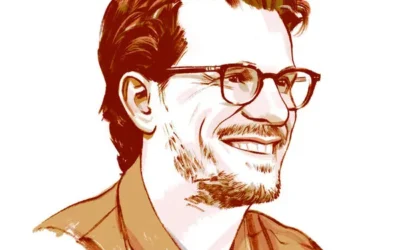
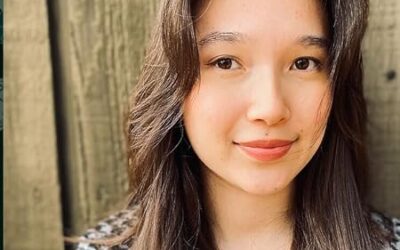
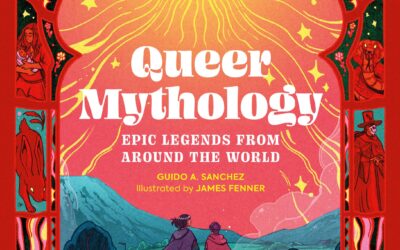
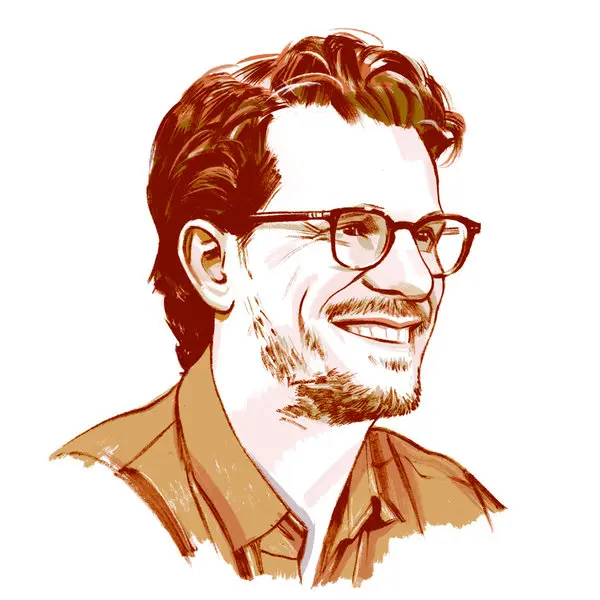
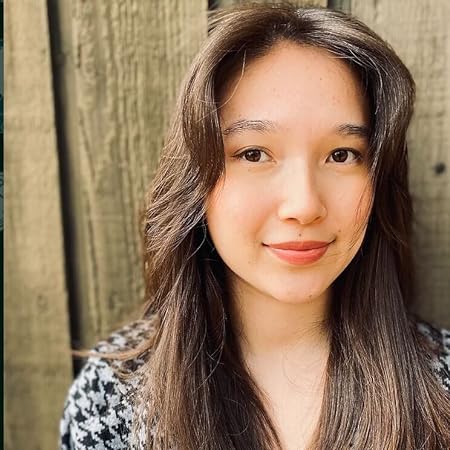
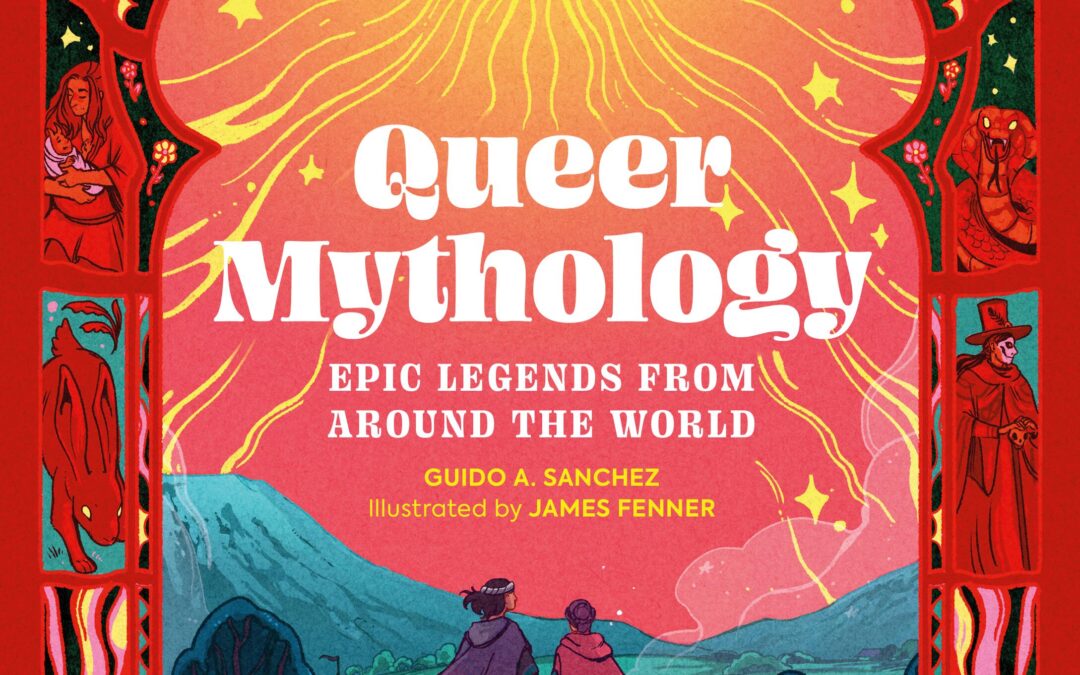
0 Comments